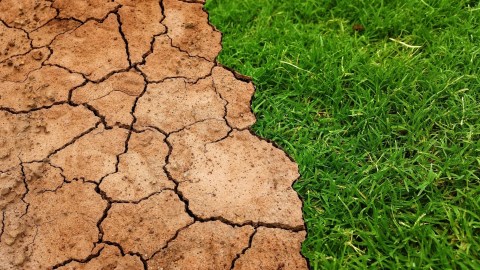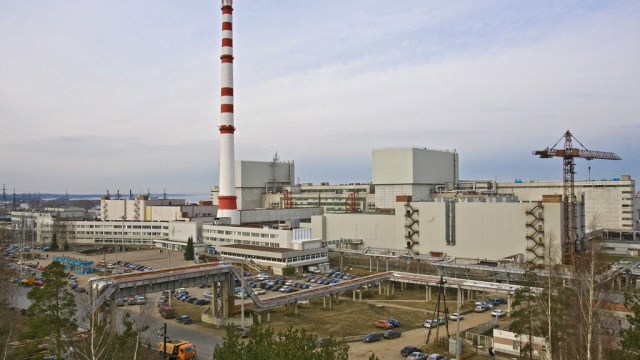Climate change is less politicized in poor nations — they focus on natural impacts

Pixabay
- A recent study compared how media in 45 countries cover climate change by analyzing more than 37,000 news articles.
- The results indicated that poor nations tend to frame climate change as an international relations issue, while rich nations tend to politicize the issue.
- The authors suggest that one reason climate change is politicized in richer nations is because of the prevalence of well-funded groups that seek to use the media to sway public opinion.
The media tell society not only what issues to think about, but also how to think about those issues, whether it’s intentional or not. One way this happens is through framing — the terms, ideas, and perspective used by media in the attempt to represent a slice of reality. In stories about climate change, media frame the issue differently depending on the country. The most consistent predictor of how media in a given country will frame climate change, according to new research, is gross domestic product per capita.
The study, published in the journal Global Environmental Change, found that richer nations tend to frame climate change as a political issue, while poorer countries frame it as an international relations issue, focusing more on natural consequences.
“Media can tell people what to think about. At the same time, framing can have an effect on how people think about certain issues,” Hong Vu, assistant professor of journalism at The University of Kansas and the study’s lead author, told KU Today. “Not only can framing have an impact on how an issue is perceived but on whether and how policy is made on the issue. With big data, machine-learning techniques, we were able to analyze a large amount of media climate change coverage from 45 countries and territories from 2011 to 2015.”
Using a big data approach that searched for patterns of words related to climate change, Vu and his colleagues examined more than 37,000 articles published by popular outlets of varying political ideologies in 45 countries. The goal was to assess how media portrayal of climate change is influenced by several variables, including: “environment (e.g., natural disasters, carbon dependency), economic (e.g., GDP per capita, GDP growth), and governance and media system (e.g., government effectiveness, press freedom).”
To find out, the team rated the 45 countries along socioeconomic and environmental lines, and then sorted each of the 37,670 news articles into seven broad frames:
- Scientific Evidence
- Energy
- Natural impact
- Economic impact
- Domestic politics/regulatory process
- International relations
- Social progress
The results indicated that, among all 45 countries, international relations was the most common frame; the economic impact frame was second. However, in countries with a high GDP per capita, the domestic politics/regulatory process frame was the most common.
“This, perhaps, is because the voice of climate skeptics in richer countries gained stronger prominence in the media,” the authors wrote. “In these countries, climate change is a highly contested issue with multiple groups, in their efforts of politicizing climate change, trying to influence the media agenda and policymaking. Additionally, the balanced reporting norm in the media in some democratic countries may have compelled journalists to include various views on climate change, thus affecting the public’s and decision makers’ perception of climate change. Such reporting practices also give a possible explanation as to why the media in countries with higher GDP are more likely to frame climate change as a domestic politics issue.”
Why do poorer countries tend to focus on international relations and natural impact? The authors suggest that many of these nations feel the consequences of climate change more saliently than richer nations, and that they simply don’t have the resources or political groups that are trying to politicize the issue.
“As communications researchers we want to know why, if climate change entered public discussion more than 30 years ago and we’ve been covering it as a global problem since, why can’t we slow the warming climate down,” Vu told KU Today. “If we want the public to have better awareness of climate change, we need to have media imparting it in an immediate sense. By looking at how they have portrayed it, we can better understand how to improve it, and hopefully make it a priority that is reflected in policy.”





